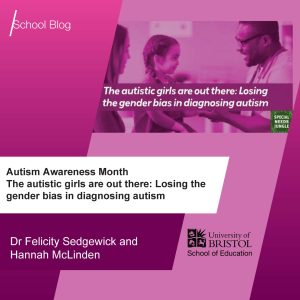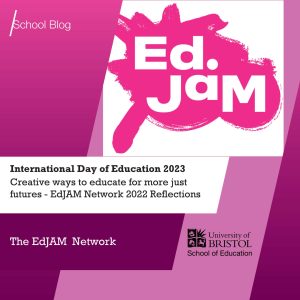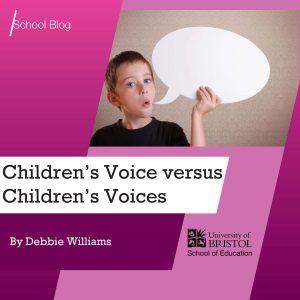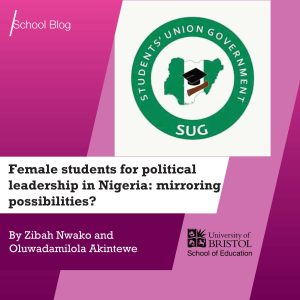![]() This article is republished from The Conversation under a Creative Commons license. Read the original article.
This article is republished from The Conversation under a Creative Commons license. Read the original article.
Cathryn Knight, University of Bristol and Emily Lowthian, Swansea University
Nearly half of people born in Wales in 2002-03 were classed as having special educational needs (Sen), our new research has indicated, raising questions about the system used to diagnose a generation of Welsh children.
Our report for the Nuffield Foundation found that 48% of this group, who are now aged 20 to 22, were identified as having Sen at some point before they turned 17. In some cases, this may have negatively affected their educational outcomes.
Pandemic disruptions meant complete data was only available for this year group. However, we also identified several factors that made some children born in Wales between 2002 and 2008 more likely to receive a Sen diagnosis – including being a boy, being born in summer, and being on free school meals.
Our findings suggest children from these groups may have been over-identified (and those not in these groups potentially under-identified). A new system for identifying educational needs was introduced in Wales in 2020, and the number of children being diagnosed has since fallen significantly – it was 20% lower in the year after the new system began. (more…)

 By
By  By Dr Felicity Sedgewick and Hannah McLinden, University of Bristol
By Dr Felicity Sedgewick and Hannah McLinden, University of Bristol International Day of Education 2023 special blog by the EdJAM Network
International Day of Education 2023 special blog by the EdJAM Network By Debbie Williams, School of Education, University of Bristol
By Debbie Williams, School of Education, University of Bristol By Zibah Nwako and Oluwadamilola Akintewe
By Zibah Nwako and Oluwadamilola Akintewe